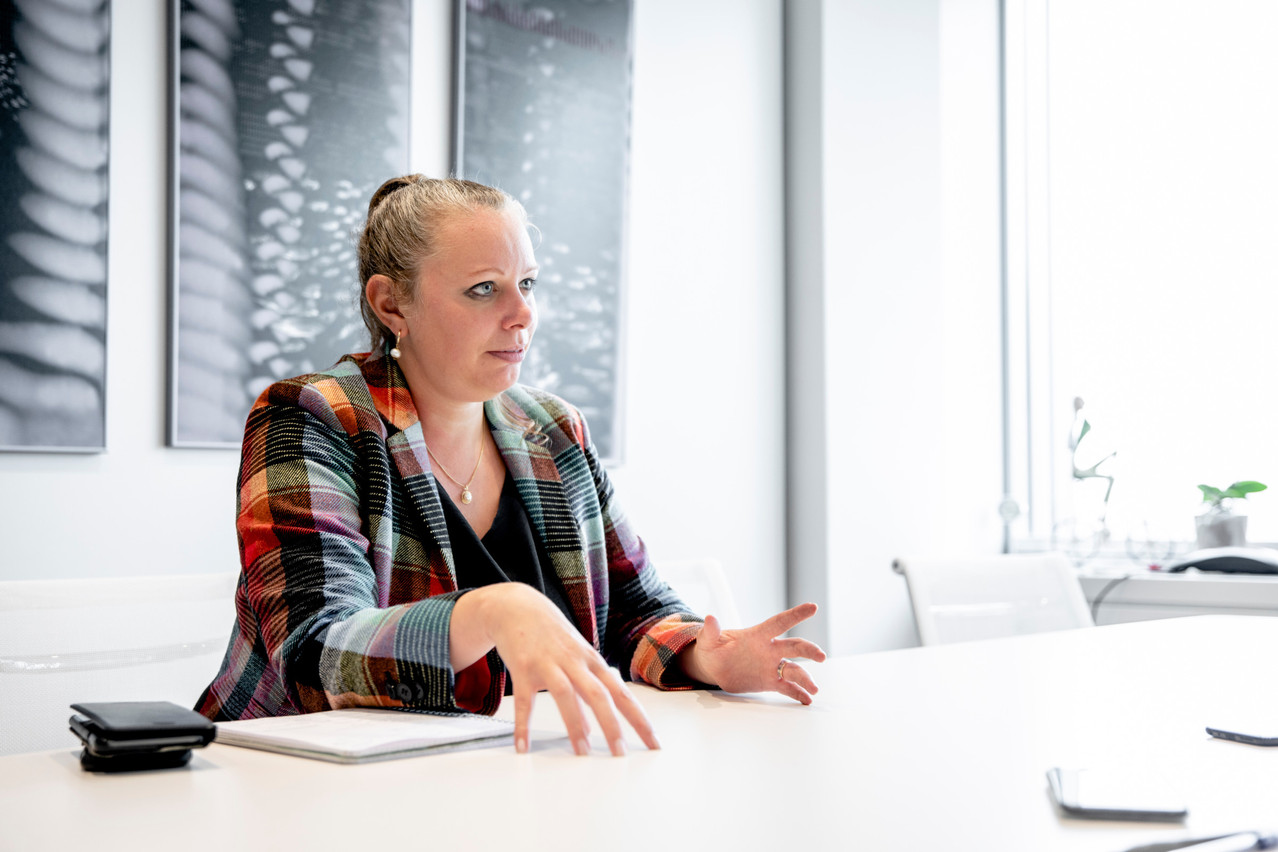The Intergovernmental Panel on Climate Change (IPCC) this week released its sixth report, warning of the irreversible and devastating results of climate change and the closing window for the world to take action. UN secretary general António Guterres called the report a “code red for humanity”.
Are you surprised by the alarmist conclusions of the IPCC experts and what do you retain from this sixth assessment report?
Carole Dieschbourg: The alarming situation described by the IPCC experts does not surprise me. This new IPCC publication shows with great clarity, never seen before, that the climate crisis is man-made. It also shows very clearly a link between extreme events--such as droughts, fires, rains and floods--and humans. The great 'novelty' of this report is the clarity and precision of the data, which shows what many scientists have already said, that we are heading towards global warming. It also shows the urgency of acting quickly.
This report also shows the irreversibility of certain things, such as the warming of the oceans. If temperatures continue to rise, it will be impossible to reverse the situation, no matter what measures we adopt. But on the other hand, the report shows that it is still possible to act. Again, climate action is very important, and in two directions: reducing CO2 emissions and building resilience to the extreme events that will increasingly occur.
Recently, you presented the Luxembourg greenhouse gas (GHG) reduction plan for five economic sectors, a plan that is considered not ambitious enough and with too many loopholes according to the Mouvement Ecologique and Greenpeace...
I understand the Mouvement Ecologique and Greenpeace. They are right to . But if you look closely, Luxembourg has decided to raise the level of GHG reduction from -40% to -55% by 2030. We have also opted for climate neutrality by 2050 at the latest, which is recommended by the IPCC. Luxembourg did not wait for the sixth IPCC report to raise its ambitions. We did so to be consistent with the European strategy, but also with the Paris Agreements.
The latter stipulate that every five years we must look at whether it is possible to raise our ambitions in line with technological developments or the development of the circular economy. This will be a topic of discussion in Glasgow at COP26, where each region and country will be asked to raise their ambitions. The aim is to create a global dynamic. We have raised our ambitions in terms of GHG reduction and we do not rule out doing so again in the future.
With this green recovery, we have a huge opportunity and chance to invest in the right direction and create opportunities.
We also have . Before the summer we determined GHG reduction at sectoral level. We are also having a debate on more ambitious legislation in several areas, such as transport and the circular economy. We are working on changes in the financial market; we have just voted on the Climate 2.0 law in Parliament, and we are carrying out actions to raise awareness of renewable energy, particularly among individuals.
There are many actions that we are carrying out and that we will be able to show to other countries. The IPCC report will help us, because now the science is much clearer on the subject and we have the ambition to work and act for the well-being of the population, with moderate growth and a reduction of CO2.
With the European recovery fund, which is intended to be rather generous, it seems that everything is in place to enable countries to fully commit to the ecological transition...
It is generous, because we need a green recovery and I believe that Luxembourg currently has the greenest recovery in Europe with more than 60% of the recovery fund devoted to the climate, nature protection and the development of sustainable and socially accessible housing. We need a recovery that is uncompromising. With this green recovery, we have a huge opportunity and chance to invest in the right direction and create opportunities.
If we invest in resilient infrastructure in the decarbonisation of transport with soft mobility and public transport, it is with the aim of reducing air pollution in our cities, giving more space for the inhabitants, having a better quality of life. Finally, the investments will create co-benefits. We have the opportunity to work on good alternatives for the benefit of all, the future generations and the most vulnerable people.
This story was first published in French on . It has been translated and edited for Delano.

